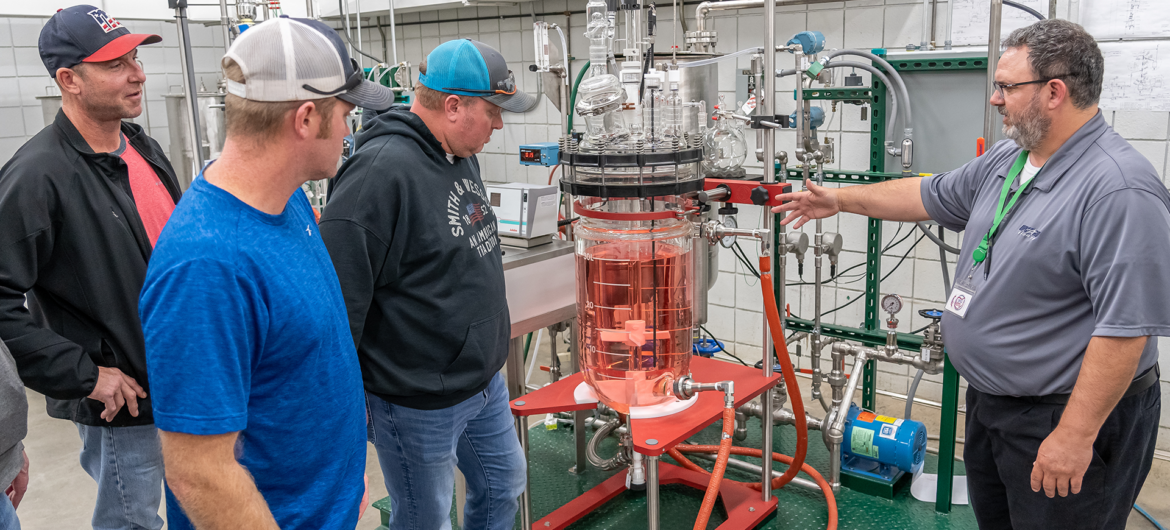MARIETTA— The U.S. Department of Education awarded over $2 million in Title III grant funding to Washington State College of Ohio. The funds, which will be disbursed over the next five years, will support the institution’s efforts to create new in-demand academic programs, update curriculum to align with industry needs, and expand Workforce and Career Services to build upon the success of their Guided Career Pathways work.
The Title III Grant, under the Strengthening Institutions Program (SIP), helps institutions of higher education expand their capacity to serve low-income students. It does so by providing funding to enhance and bolster academic quality, institutional management, and fiscal stability.
WSCO President Dr. Vicky Wood described their strategy to utilize the funds as a three-pronged approach that will begin by building on a proven project the college instituted shortly after Wood became president of the college. “Since 2017 we have been committed to transforming the student experience using the Guided Pathways framework. We have focused on dismantling barriers that stand in the way of our students’ progress and developing innovative solutions to increase their success,” said Wood.
She explained how the institution has worked to develop support systems that keep students on track with their degree pursuits by offering an array of free services like tutoring, mental health services, financial education, and a food pantry. With a portion of the funds, Washington State will build on those principles to develop career learning communities to increase student engagement and motivation centered on common career objectives. We will implement Customer Relations Management (CRM) software to improve communication with students throughout their educational experience at WSCO. The software will provide data and predictive analytics that will aid staff in providing personalized support, as well as academic and career services to students.
Washington State will also be adding Occupational Therapy Assistant and Physical Therapy Assistant programs. Additionally, it will expand its current process technician 1-year certificate program to include a Process Engineering Technology two-year associate degree. “The addition of these degrees is based on regional workforce projections. Our students will graduate and immediately be able to move into good-paying, in-demand jobs. That’s not just good for our students, it’s good for our economy.” said Wood.
Wood said the funds will also support career-informed academic enrichment, which will increase clinical, practicum, and internship opportunities for WSCO students. She explained that it will involve collaboration among faculty, staff, and program advisory committees to strengthen the integration of industry-driven career skills into both program and general education courses. “We will funnel some of our funds directly into faculty and staff development. Investing in their professional development will help us integrate career skills throughout our curriculum, which will enable us to close equity gaps and strengthen career advising and support services,” said Wood.





